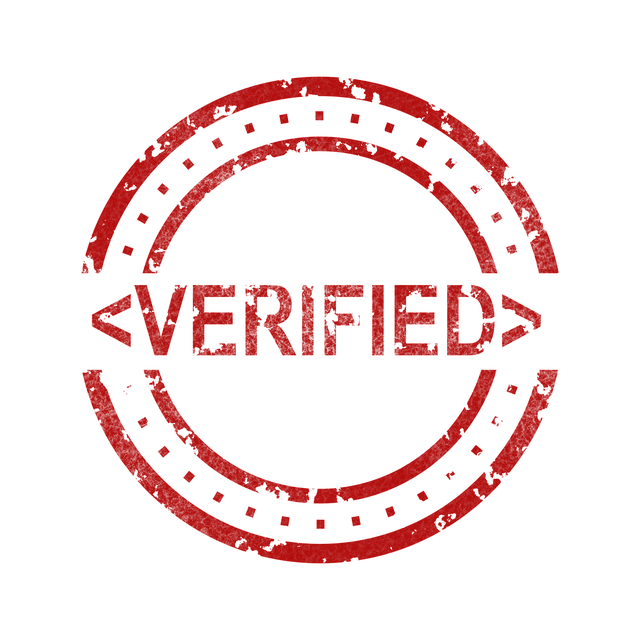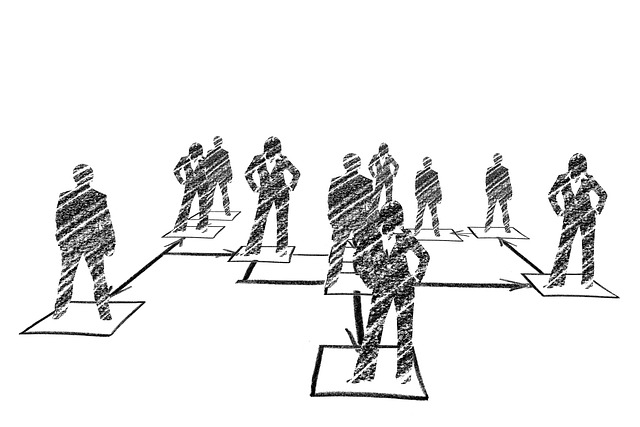Retailers must prioritize customer safety and satisfaction through comprehensive background checks on employees to prevent unqualified individuals from accessing sensitive areas or handling valuable merchandise. These checks, including verification of employment history, criminal records, and references, mitigate risks, enhance security, and protect both customers and staff. Compliance with regulations is crucial, with severe penalties for non-compliance. Rigorous hiring practices and advanced verification systems foster a secure shopping experience, maintaining operational integrity and contributing to long-term business success.
In today’s digital era, retail background checks are not just a best practice but an indispensable tool for enhancing store security. Understanding the importance of these checks is crucial in mitigating risks associated with unqualified hiring. This article delves into the critical role of background screenings in ensuring customer safety checks, exploring potential risks, legal aspects, and best practices to implement effective procedures. By implementing robust background check procedures, retailers can foster a secure environment, protect their assets, and safeguard customers.
- Understanding the Importance of Retail Background Checks
- Unqualified Hiring: Potential Risks and Consequences
- Customer Safety Checks: A Comprehensive Overview
- Implementing Effective Background Check Procedures
- Legal Aspects and Compliance Standards
- Best Practices for Enhanced Retail Security
Understanding the Importance of Retail Background Checks

In the retail sector, where customer satisfaction and safety are paramount, conducting thorough background checks is an indispensable practice. These checks serve as a protective measure against potential risks and go beyond standard hiring procedures. By delving into an applicant’s past, retailers can identify red flags, such as criminal records or previous unethical behavior, that might indicate they are unfit for the role, especially positions dealing with cash, sensitive data, or direct customer interaction.
Retail background checks ensure that qualified and trustworthy individuals are hired, fostering a safe environment for customers and staff alike. This is particularly crucial in high-turnover industries where quick hiring can lead to overlooked qualifications. Implementing robust background screening processes allows retailers to make informed decisions, mitigate legal risks, and maintain the integrity of their operations, ultimately contributing to long-term success.
Unqualified Hiring: Potential Risks and Consequences

Unqualified hiring can pose significant risks and have severe consequences for retail businesses, ultimately impacting customer safety checks. When a company employs individuals who lack the necessary skills, training, or integrity, it creates an environment where errors, accidents, and even malicious activities are more likely to occur. In retail settings, where customers interact closely with staff, these issues can lead to not only financial losses but also damage to the business’s reputation and potential legal liabilities.
For example, a cashier with limited numeracy skills might make frequent calculation errors, causing discrepancies in transactions that could go unnoticed for extended periods. This could result in significant financial losses for the store. Alternatively, an employee without a strong work ethic or commitment to customer service may provide subpar assistance, leading to dissatisfied customers and potential negative online reviews. Such scenarios highlight how unqualified hiring can undermine the integrity of customer safety checks, ultimately affecting the overall success and sustainability of a retail business.
Customer Safety Checks: A Comprehensive Overview

Retail environments demand a high level of customer safety and security, making comprehensive background checks an essential tool for employers. These checks go beyond simple resume screening to uncover potential risks and ensure qualified personnel are hired. By verifying employment history, education, and criminal records, retailers can mitigate the chances of hiring unqualified individuals who may pose a threat to customers or store assets.
Customer safety checks play a pivotal role in creating a secure shopping experience. Retailers must be proactive in their approach to security, especially with rising concerns about theft, fraud, and violent incidents. Implementing robust background screening processes allows businesses to make informed decisions, fostering an environment where both customers and staff feel safe and secure during their interactions.
Implementing Effective Background Check Procedures

Implementing robust background check procedures is an essential step in retail to safeguard customer safety checks. These checks go beyond a simple résumé review, delving into an applicant’s past to uncover potential red flags. By employing comprehensive screening methods, retailers can mitigate risks and ensure that only qualified individuals are granted access to sensitive areas or handling valuable merchandise.
A critical aspect of this process involves verifying employment history, cross-referencing references, and checking for any legal issues or pending cases. Additionally, for roles with higher responsibility or customer interaction, conducting criminal background checks is crucial. This comprehensive approach not only protects the retailer from potential theft or fraud but also ensures that customers receive the best possible service from well-vetted staff.
Legal Aspects and Compliance Standards

In many jurisdictions, retail environments are subject to strict regulations regarding employee screening and background checks. These legal aspects and compliance standards are designed to protect both the employer and customers, ensuring a safe shopping experience. Retail businesses must adhere to laws that mandate comprehensive customer safety checks, including verifying identities, checking criminal records, and assessing past employment histories. Non-compliance can lead to severe penalties and legal repercussions.
Employers have a responsibility to ensure that their staff are suitable and capable of performing their duties without posing any risks. Background checks help verify an applicant’s claims, uncover potential red flags, and minimize the chances of hiring unqualified individuals who might compromise customer safety or engage in unlawful activities. These checks are essential tools for retailers to maintain a secure work environment and meet industry compliance standards.
Best Practices for Enhanced Retail Security

In the retail sector, ensuring customer safety is paramount, and this starts with rigorous hiring practices. Implementing comprehensive background checks is a game-changer in enhancing retail security. By delving into an applicant’s history, employers can prevent unqualified individuals from accessing sensitive areas or handling valuable merchandise. This proactive approach safeguards both customers and staff by weeding out potential risks.
Best practices for enhanced customer safety checks include verifying employment history, checking criminal records (while adhering to legal boundaries), and assessing past behavioral patterns. Additionally, cross-referencing references and using advanced verification systems can further strengthen the process. These measures create a robust defense against security breaches, fostering a secure environment where customers feel trusted and protected.






